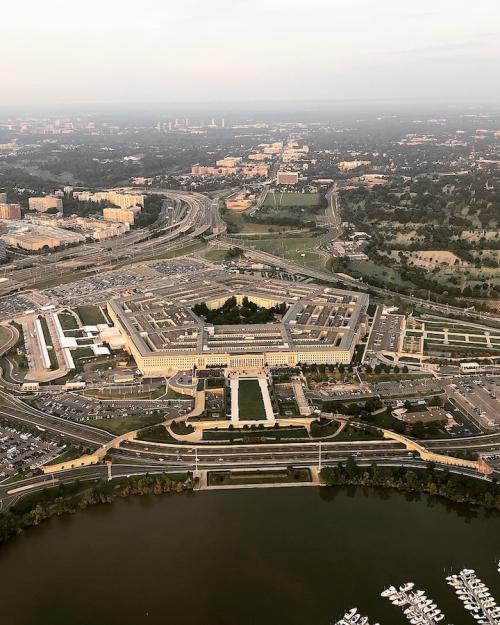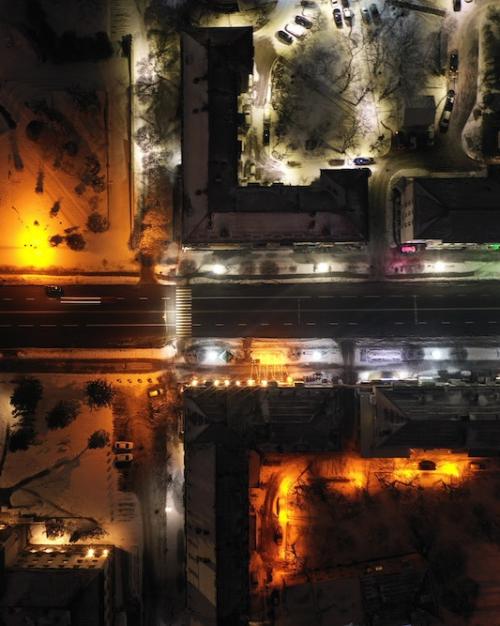The United States is calling for a United Nations Security Council briefing regarding news that Russia is using Iranian drones for its war on Ukraine.
Paul Lushenko is a doctoral student at Cornell University and co-editor of "Drones and Global Order: Implications of Remote Warfare for International Society.” He is a lieutenant colonel in the U.S. Army and senior policy fellow at Cornell’s Tech Policy Lab.
Lushenko says: “Ukraine has used Turkish-manufactured drones, as well as U.S.-manufactured Switchblades and Phoenix Ghosts, to level the playing field with Russia. The integration of these capabilities across all – tactical, operational, and strategic – levels of war help explain Ukraine’s startling liberation of Kharkiv Oblast. In response, Russia has acquired Iranian-manufactured drones to impose costs on Ukraine, especially in the capital city of Kyiv.
“This tit-for-tat suggests an ‘arms race’ that has renewed the debate for the global governance of drones, as reflected through the United States' recent calls for a United Nations Security Council meeting on Russia's use of drones. Though analysts often assess the legal and moral implications of drones, the United States' endorsement of a UNSC meeting specifically focused on Russia's use of drones suggests these capabilities also carry contradictory impacts.
“While drones may breach countries’ territory, they can also reinforce their borders, which we’re now seeing in Ukraine. At the same time, they can also encourage predatory behavior, which characterizes Russia's use of Iranian-manufactured drones, which is much more about imposing punishment on civilians than achieving strategic political and military objectives.”
For interviews contact Becka Bowyer, cell: (607) 220-4185, rpb224@cornell.edu.




